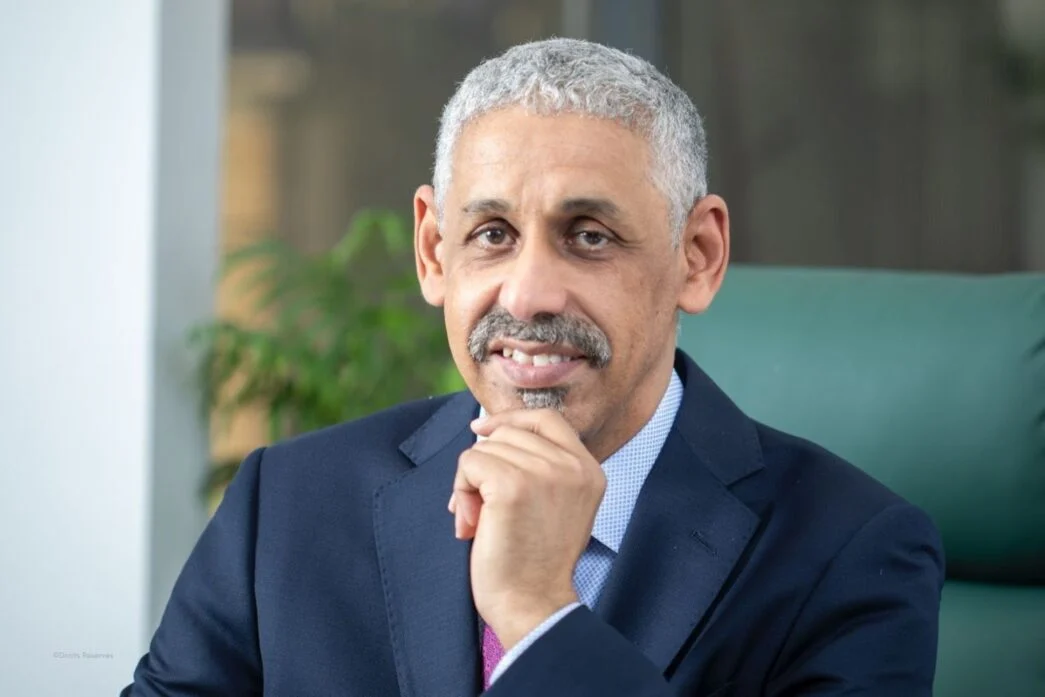
The African Development Bank (AfDB) inaugurated its ninth president on Monday, September 1, 2025, marking a new chapter in the institution’s history.
Mauritanian Sidi Ould Tah, elected in May with 76% of the vote, a record for a first-term president, was sworn in for a five-year term, renewable once, at the Sofitel Abidjan Hôtel Ivoire in Abidjan.
The ceremony was attended by Ivorian President Alassane Ouattara, Mauritanian President Mohamed Ould Cheikh El Ghazouani, and former AfDB leaders Donald Kaberuka and Akinwumi Adesina.
Tah succeeds Adesina with a clear mandate: to adapt the Bank to the pressing challenges of the 21st century and increase its responsiveness to Africa’s evolving development needs.
In his inaugural address, Mr. Tah outlined four priority areas for his mandate.
He emphasised the importance of “listening to and being close to governments, the private sector, technical and financial partners, in order to better target needs.”
He also pledged to adopt accelerated reforms to simplify procedures and enhance the Bank’s responsiveness to development emergencies.
A further focus will be on strengthening partnerships with new players, including sovereign wealth funds, pension funds, and private investors.
Tah also announced the integration of an “investment in peace” pillar into financial models to provide concrete and rapid solutions. “We will be the bank that bridges the gaps between regions, between ambition and implementation, between public and private,” he declared, urging action “with unity and responsibility.”
Sidi Ould Tah inherits an institution with $318 billion in capital, a ten-year AAA rating, and over $102 billion in financing approved over the past decade. Despite these solid fundamentals, the AfDB faces growing expectations in infrastructure financing, climate change adaptation, and inequality reduction.
The 60-year-old former president of the Arab Bank for Economic Development in Africa (BADEA) and ex-Mauritanian Minister of Economy and Finance brings more than 40 years of experience in economic policy and banking governance. His mandate begins under a banner of strong legitimacy and a clear agenda: to make the AfDB more agile, closely aligned with continental needs, and focused on delivering tangible results.



